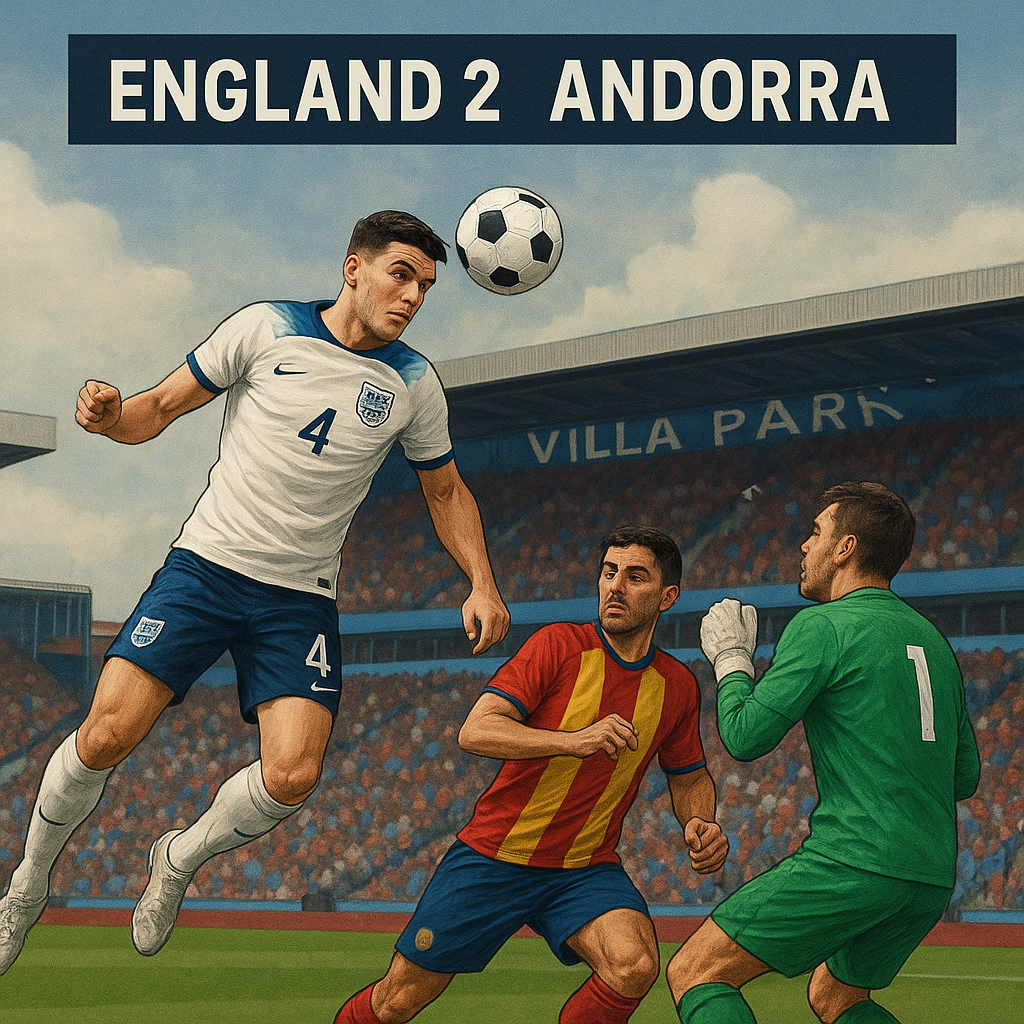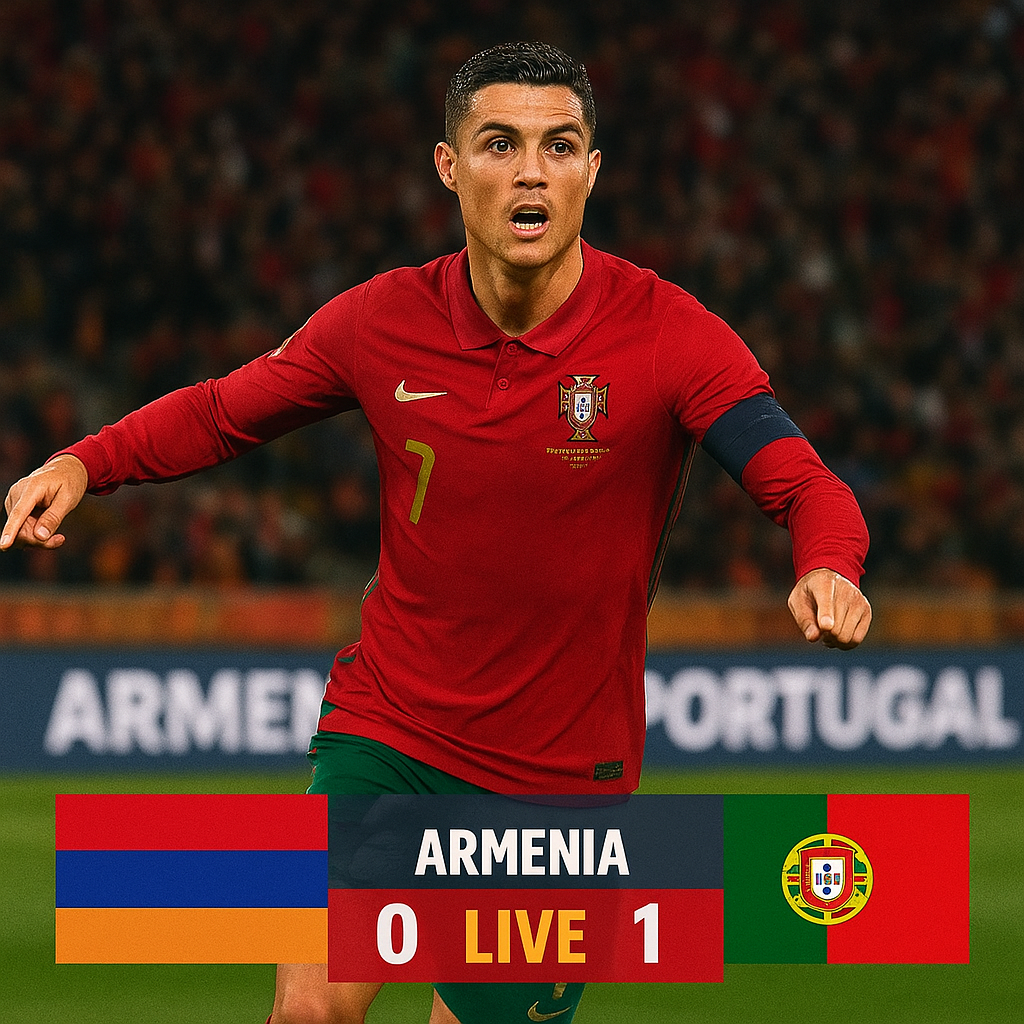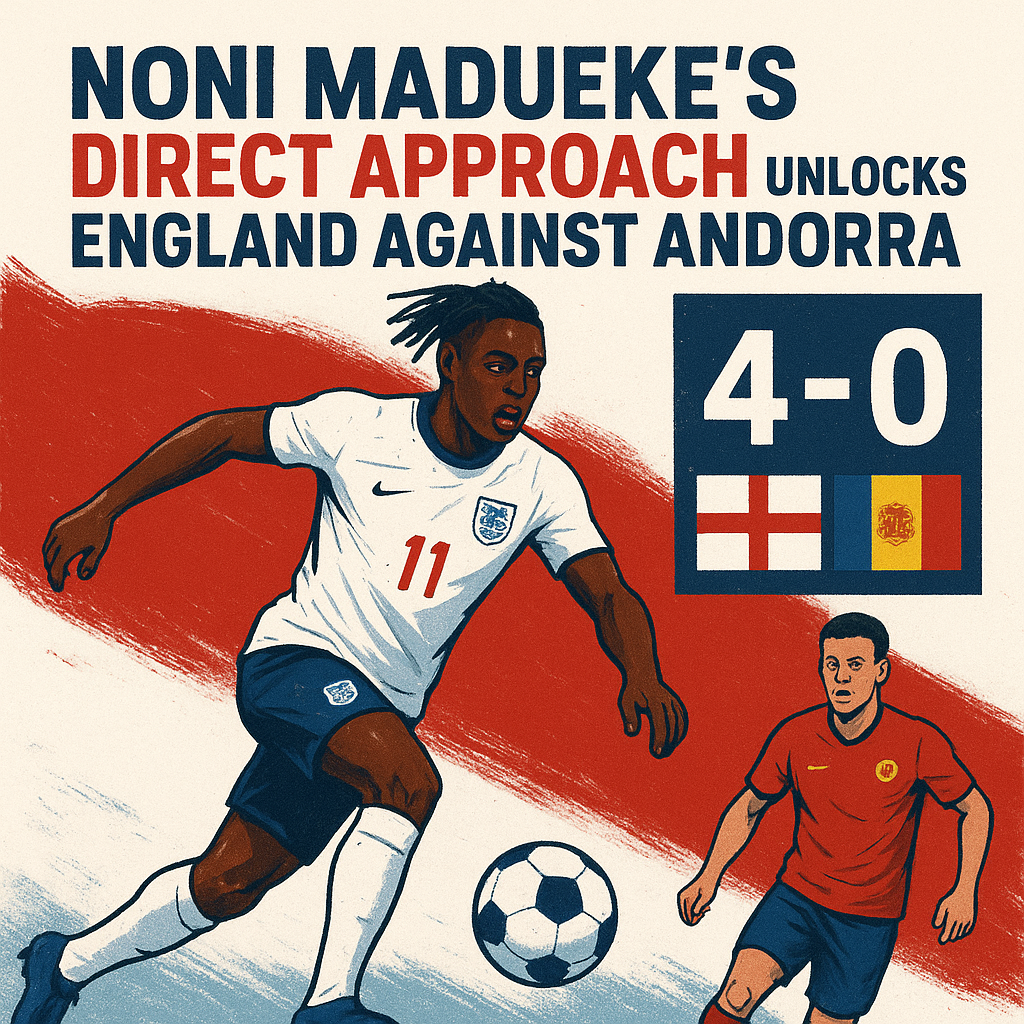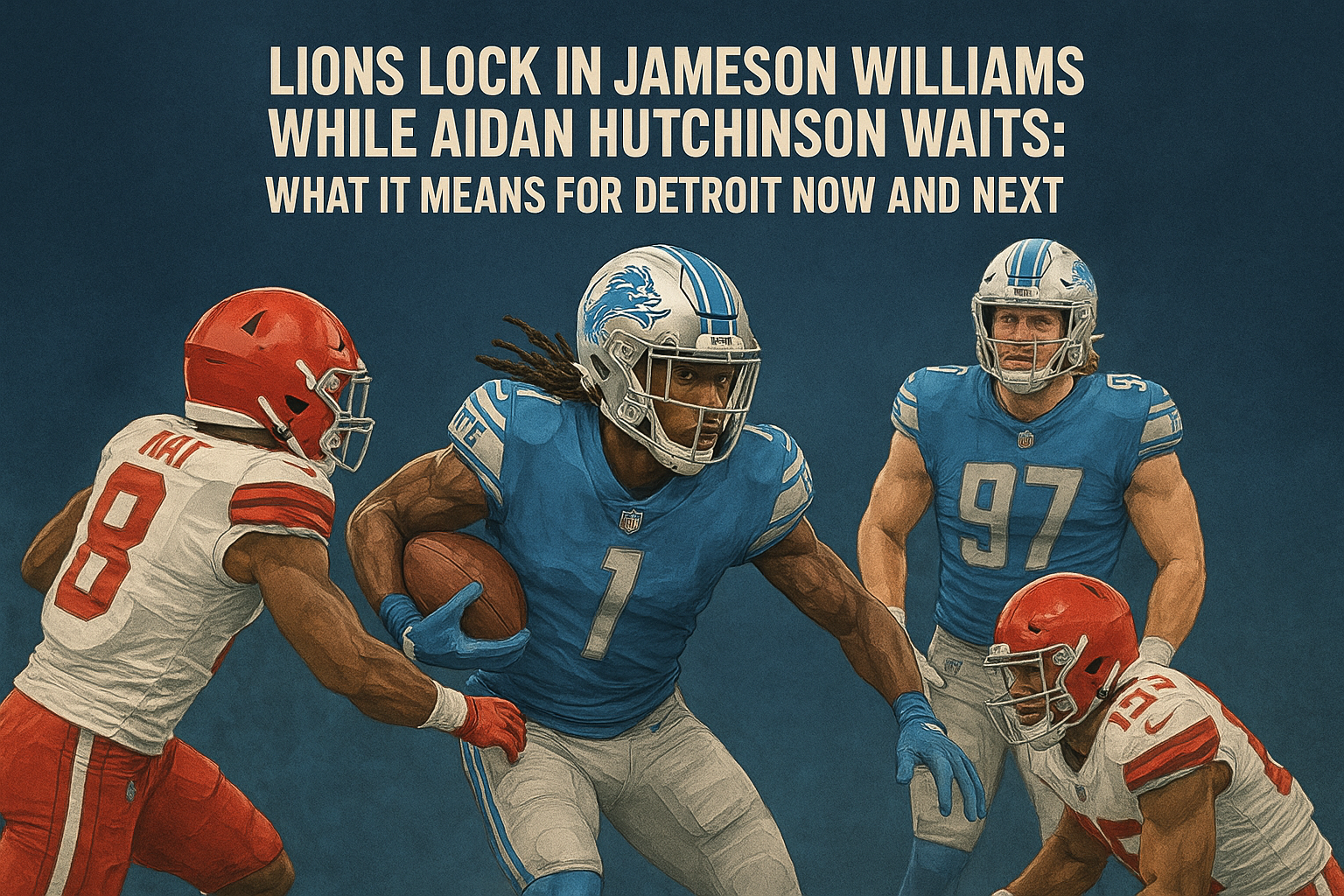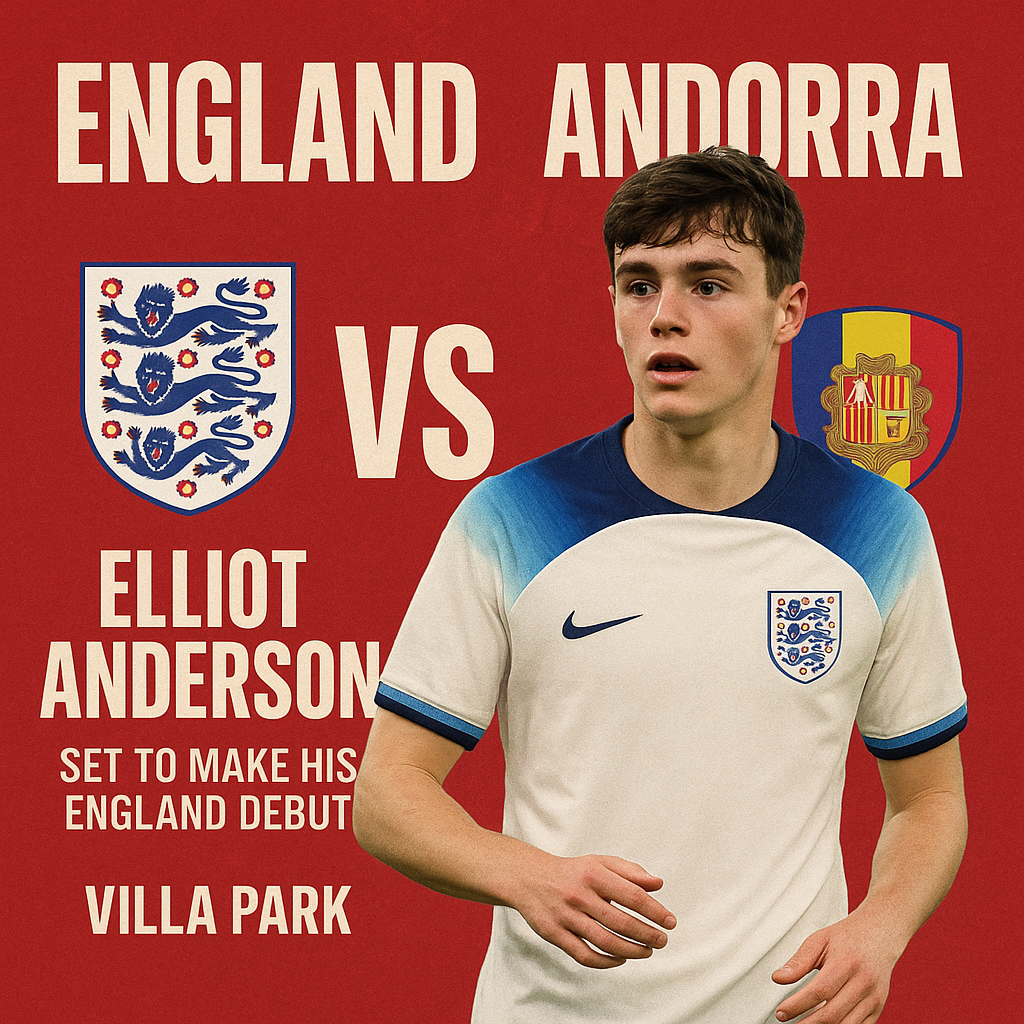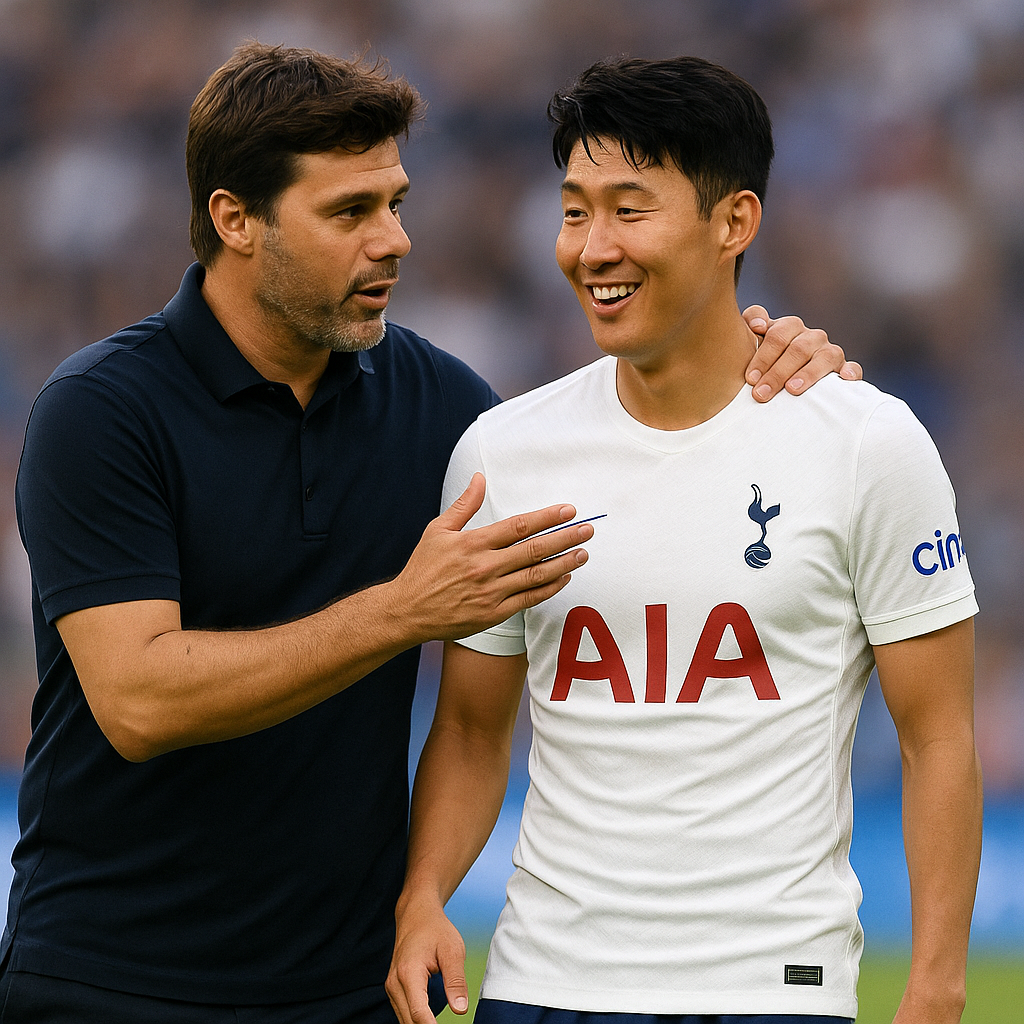Introduction
Chelsea walked into the London Stadium facing a test that could have set the tone for the month ahead. Their most inventive attacker, Cole Palmer, pulled up in the warm up and never made it to kickoff. Within moments of the start, West Ham’s intensity rattled the visitors and Lucas Paqueta punished loose defending to give the hosts the initiative. It might have been a familiar wobble for a side learning a new rhythm and a manager under scrutiny.
Instead it became a timely answer. Chelsea steadied themselves, trusted the structure, and found goals from Joao Pedro, Pedro Neto, Enzo Fernandez, Moises Caicedo, and Trevoh Chalobah. By the final whistle they had their first league win of the season and a performance that applied pressure where it always lands in the Premier League: on the manager, Graham Potter, who must prove he can harness this talent consistently.
What follows is not a scoreboard retelling but a layered look at what changed after the early shock, how Chelsea manufactured control without their creator in chief, and why this night felt larger than one result.
The Palmer Problem That Became a Proving Ground
A creative hole in the build up
No Palmer changes Chelsea in two obvious ways. First: you lose the reliable out ball between lines that relieves pressure and accelerates attacks. Second: you remove the late run into the box that turns tidy possession into threat. Without those patterns, the ball can become static and the tempo predictable. The opening exchanges showed exactly that. West Ham jumped on the first pass out of defense, forced hurried touches into crowded lanes, and thrived on turnovers in the middle third.
A different route to danger
The solution did not come from replacing like for like. It came from changing the geometry. Chelsea tilted their shape so that Joao Pedro could receive on the half turn rather than back to goal, often drifting to the inside left channel. Pedro Neto mirrored on the right but started wider to stretch the full back. That stagger created a diagonal that Enzo Fernandez could find with clipped passes and it opened a lane for Moises Caicedo to step up and compete for second balls. What looked improvised at first became repeatable by the half hour mark. Suddenly West Ham’s first press had to travel farther and Chelsea could play forward with one touch.
West Ham’s Early Punch and How It Landed
Direct running and second balls
Paqueta’s opener did not come out of nowhere. West Ham set a tone in the first minutes: put the ball behind Chelsea’s line, force the back four to turn, and swarm the second ball. That approach is less about artistry and more about territory. It asks a simple question of a nervy opponent: do you want to defend facing your own goal while the crowd roars. For a time, Chelsea did not. Loose clearances invited repeat attacks, and the midfield lost the first contact too often.
Why it did not become a spiral
There were two reasons the game did not unravel. First: Robert Sanchez’s early claim from a wicked inswinger calmed the box and stopped West Ham’s momentum from becoming a set piece avalanche. Second: Caicedo began stepping into passing lanes rather than waiting for play to develop. That proactive step shortened the pitch and took Paqueta’s space away between the lines. From there, possession started to look purposeful rather than anxious.
The Equalizer That Flipped the Mood
Joao Pedro sets the tone
The first Chelsea goal changed more than the score. It reintroduced composure. Joao Pedro received on the half turn, resisted the safe recycle, and drove at the heart of the defense. The shot had confidence written all over it: quick set, clean contact, bottom corner. More important than the finish was what it told his teammates. The gap left by Palmer’s creativity could be filled by assertiveness and angles rather than by one like for like technician.
Neto’s timing from the weak side
Goals often come in pairs when the structure is right. With West Ham shading toward Joao Pedro after the equalizer, the opposite flank opened. Pedro Neto took advantage with the kind of move wide players are taught from academy days: hold the width until the last second, arrive on the blind side of the full back, and strike first time. The pass found him because Chelsea had earned the right to wait for the better option. The second goal was a product of patience, not panic.
The Midfield Story: Enzo and Caicedo Take Ownership
Roles clarified under pressure
Once Chelsea had a foothold, their midfield pair asserted themselves. Enzo Fernandez’s passing map shifted forward. Instead of neutral sideways touches, he started drawing a marker and slipping punches into the half spaces. Caicedo, meanwhile, chose his moments to surge. He is known for recovery work, but his best sequences here involved stepping beyond the play, pinning a center back, and forcing West Ham to defend facing their goal.
The goal that rewarded the control
Enzo’s strike felt inevitable by the time it arrived. Chelsea had compressed the game to the top of West Ham’s box and the defenders were late to step. The shot itself spoke to technique and temperament: kept low, threaded through legs, hit early enough that the keeper had no read. It was a leader’s goal and it underlined a theme. Without Palmer, responsibility spread naturally to senior players who did not hide.
Full Backs, Width, and Why Game Management Mattered
Risk with responsibility
Modern full backs must evaluate risk every possession. Before the equalizer, Chelsea’s wide defenders stayed conservative, worried about West Ham’s direct counters. After the second goal, their positioning looked bolder and smarter. Instead of overlapping into congestion, they underlapped into space, inviting Neto and Joao Pedro to stay high and wide. That arrangement limited counterattacks because the full backs were moving into channels where they could defend transitions immediately after a turnover.
The quiet minutes that win matches
Between Chelsea’s third and fourth goals the game did not explode. It cooled. That was by design. Shorter passes, controlled tempo, fouls in safe areas, and a refusal to play the risky vertical ball when West Ham were ready to spring. These are unglamorous habits. They are also how you turn a comeback into a win on the road. For a group still learning each other’s tendencies, that stretch was the most encouraging sign of the night.
Caicedo’s Strike and Chalobah’s Header: Two Faces of Authority
A defensive midfielder’s reward
Caicedo’s goal will be remembered for its power, but the build up deserves credit. It started with a regain in midfield and a simple pass wide that did not chase the hero ball. When the cutback came, Caicedo had arrived on time, not early, and he finished like a player who trains that technique every week. When a holding midfielder scores, it often signals territorial dominance. You do not arrive on the edge of the box repeatedly unless your team owns the middle third.
Set pieces as a barometer of focus
Trevoh Chalobah’s late header did more than decorate the scoreline. It confirmed Chelsea’s concentration had not dipped. Good set piece routines marry movement with timing, and they punish teams who are mentally tired. Chelsea’s delivery was precise and the block runs legal yet effective. Chalobah attacked the flight rather than waiting under it, which is the difference between a contested nod and an emphatic finish. Those details speak to coaching time invested and players buying in.
What This Means For Graham Potter
The questions that remain
A single performance does not settle a debate, and no one inside the club will pretend otherwise. The pressure on Graham Potter exists because Chelsea expect their baseline to be excellence. This match offers him useful evidence but also sharper questions. Can he create a clear identity that survives injuries to key creators. Will the front line rotate in ways that complement rather than collide. Is the press cohesive enough against sides that bypass the first wave with longer deliveries.
The answers he can point to today
Potter can credibly argue that his in game management worked. The team solved problems without wholesale changes. The tweaks to the attacking shape were subtle yet decisive. The midfield pair grew into the contest. Set pieces showed preparation. And the players responded to adversity with discipline instead of drama. These are coachable traits and they point to a group listening to the staff.
What This Means For West Ham
Encouragement in the first act
West Ham’s blueprint in the opening phase was smart. Direct running, crowding the second ball, leaning on set pieces, and letting the stadium energy feed the press. Paqueta’s early strike validated the approach and exposed the nerves of a big opponent missing a star creator. There is no shame in that method. It frustrates and it scores points in this league.
Where the game slipped
The hosts could not reassert pressure after the equalizer. The line of engagement dropped a few meters, the front three looked detached from the midfield screen, and the fouls became reactive rather than tactical. When opponents widen the pitch and slow the tempo, you must either jump together or sink together. West Ham ended up caught between those choices. The late set piece concession was a symptom of that mental fatigue.
Standout Performers And Subplots
Joao Pedro and Pedro Neto: responsibility embraced
Both wide forwards accepted increased burden in Palmer’s absence. Joao Pedro’s willingness to carry from the inside left gave Chelsea a release valve and a route to goal. Neto’s timing at the far post forced West Ham’s back line to defend the width of the penalty area rather than the middle, which opened space for Enzo to dictate.
Enzo Fernandez and Moises Caicedo: complementary control
Enzo’s goal will lead highlights, but his control of tempo after halftime mattered even more. Caicedo’s strike showcased a player unafraid to join the attack when the structure supports it. Together they tilted the field and turned a chaotic opening into an orderly finishing stretch.
Trevoh Chalobah: a captain’s moment without the armband
Late in games you want reliable technicians at set pieces. Chalobah’s movement, leap, and decision to attack the ball rather than wait made the final chapters comfortable. Performances like this build trust with supporters and staff alike.
Lessons To Carry Forward
Depth must be a habit, not a storyline
One result without Palmer cannot become a feel good anecdote and then vanish. Chelsea’s season will be defined by how often squad players step into starring roles without disrupting the chemistry. The best sides make absences feel like opportunities because their principles are clear.
Control travels
What wins away from home is not clever passing alone. It is the choice to slow the game when the crowd surges, the courage to play forward only when the angles are right, and the consistency of set piece execution. Chelsea ticked those boxes here. Repeat them and the table will correct quickly.
Conclusion
Chelsea arrived at the London Stadium with an excuse ready made and refused to use it. No Cole Palmer, an early punch from West Ham, and a restless narrative surrounding Graham Potter could have combined into a weary tale. Instead a handful of players stepped into the light, the structure held firm, and the decisions from the touchline matched the demands of the match. Goals from Joao Pedro, Pedro Neto, Enzo Fernandez, Moises Caicedo, and Trevoh Chalobah told the story on paper. The true story was authority earned after a shaky start, the resilience to manage long spells without panic, and the proof that depth can produce points when the plan is sound.
This was not a season solved in ninety minutes. It was a path revealed. If Potter can bottle the balance of bravery and control that appeared after the equalizer, Chelsea will look less like a collection of talented individuals and more like the contenders their supporters expect. For now, the takeaway is simple. No Palmer did not mean no plan. And on a night that felt bigger than one fixture, that was the most important result of all.

